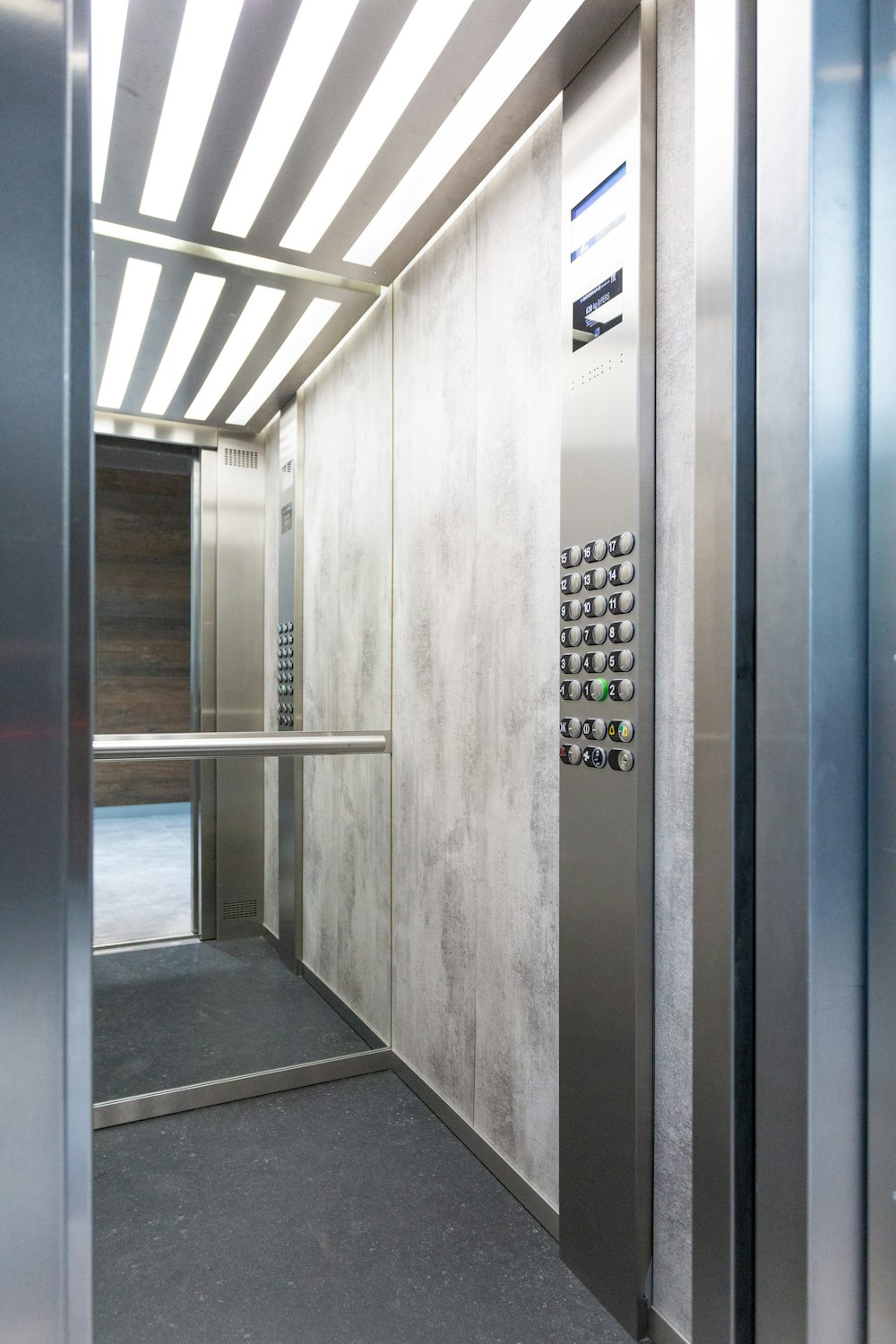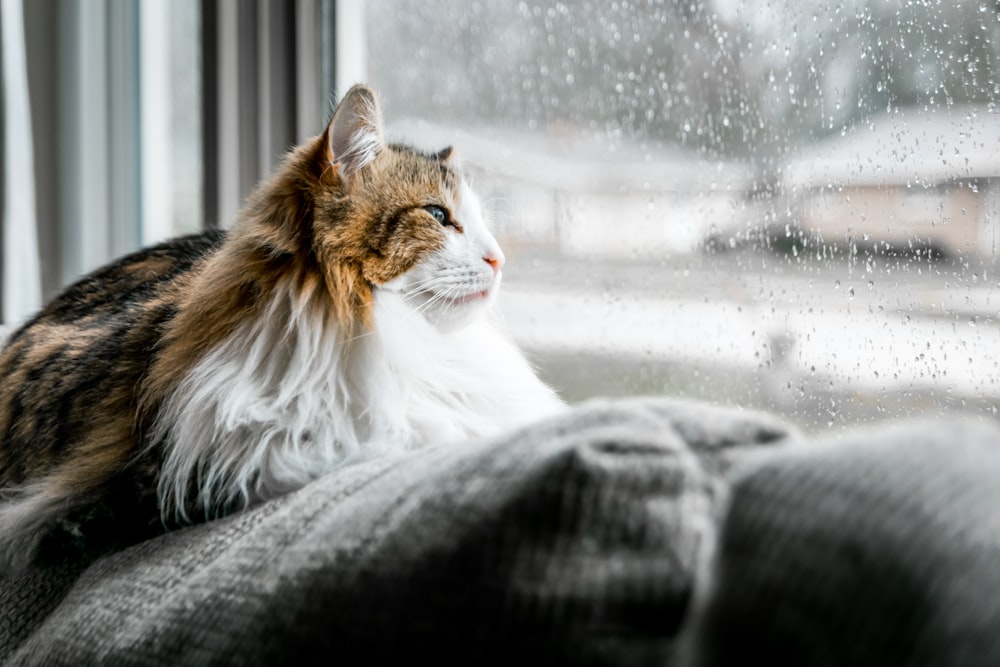In my last post, I wrote about some of my journey as an introvert, including my experience as a university professor at the age of 26 with 210 students in my first class. Needless to say, there were many steps and failures that got me there and to where I am now. One ongoing challenge has been living in a society that does not favor introverts.
Trying to pretend to be an extrovert is exhausting, as any introvert knows. Exhausting leads to difficulty in relationships, poor performance at work, and an overall malaise that makes life overall fairly miserable.
And finding the physical and emotional space needed as an introvert can be a lot of work in itself. But it’s worth it. It is a bit like all of the work a farmer needs to do to make sure the soil is in good shape to plant his crops. Just dropping them on rough, dry, or pest-filled ground will mean a lot of effort wasted. But making sure that ground is just right can ensure that the next step of the process actually goes on to produce the crops needed.
Today we look at a list of 10 things that can make introverts happy, a list created by Kaytee Gillis, a psychotherapist and writer.
Little things that Introverts Love
First, we can look at a few of the little things on her list. Remember that the little things in our life add up. So don’t write them off. Instead, fix them so that they are little moments of joy instead of irritation.
The smallest, to me, of these on her list is being able to sneeze without someone saying “bless you.” As she writes, introverts can actually feel that it’s intrusive to have bodily functions commented upon. Then we’re obligated to say “thank you,” and then we fear that we’ve opened the door for a whole conversation. Something seemingly so small can be a relatively big energy drain for an introvert.
Next, also very small, is automatic doors or those that remain propped open. In our society, coming and going from buildings is an opportunity for social interaction. This is wonderful for extroverts, who will enjoy the opportunity to connect for a moment with a friend or stranger to say “thanks” for holding a door or to help someone out. As an introvert, I’m very happy to hold a door for people, but I am happier when the doors just do the work for me, so I can remain in whatever thought-world I was in before.
A similar scenario that Gillis writes about is the empty elevator. Just having another person in the elevator can make small-talk a real possibility. No one in the elevator with you? No problem.
Medium Joys for the Introvert
Next, a few of the things Gillis lists can be put in our “medium” basket of joys for the introvert. The first of these is online meetings in the place of in-person ones. Introverts can definitely do in-person meetings and even lead them, but it’s exhausting. Being able to participate online, in the comfort of one’s home office or other enjoyable setting makes life much easier for the average introvert.
Laid back salespeople are another thing that bring smiles to introverts’ faces. These days, most introverts simply do their shopping online—I know I enjoy a fair amount of that myself. But when we do go into stores, we appreciate being able to browse at our own pace. Knowledgeable salespeople around when we need them are great, but talkative and pushy employees will make our shopping experience more difficult.
Next, Gillis mentions getting texts instead of phone calls. This is a toss-up for me in many ways, as I’m pathetically slow at texting. So if there is anything complicated that needs to be communicated, a phone call is best for me. But for small things, a text is just great. Introverts can then check it, think about it, and respond at the pace that fits them.
One thing that Gillis writes about that I’m not sure about is having dinner out at a restaurant rather than a friend’s house. She says that the neutral location makes it easier for introverts to leave when they want, whereas dinner at a friend’s house might lead an introvert to feel more social obligation to stay.
Big Smiles for the Introvert
Finally, we can look at a few things that make the life of most introverts very good. The first of these is perhaps simple: plan-free days. Whereas some people love making plans and having every block of time consumed with activities, introverts crave free time to just be. As an introvert, I love big chunks of free time. Sometimes I use them to reach out to people—if there is enough time and my social batteries are full, I enjoy socializing as much as anyone. Other times, I tackle artistic pursuits, read the news, or pick up a book.
Along a similar line of thought is when plans are cancelled. Suddenly a new chunk of free time has just been given to me. What a joy!
And lastly, Gillis lists rainy days as something that introverts love. I take some issue with this, as a sun-lover who gets cranky if it’s too cloudy, but I agree with her reasoning 100%. She notes that these are days when we have a socially acceptable excuse to stay inside and hang out alone.
With all of this, it’s worth reiterating that introverts love having friends and being around people too. It’s just that we do these things well when our “social batteries” are full, and we charge those batteries best when we’re alone.
 Justin Whitaker, Ph.D., holds a doctorate in Buddhist ethics from the University of London. He has given lectures, and taught Buddhist studies and Philosophy at Oxford University, the University of Hong Kong, the University of Montana, and at Antioch University’s intensive study-abroad program in India. A certified meditation teacher, he is a regular contributor to Patheos.com, and Senior Correspondent for Buddhistdoor Global. Justin is the official blog writer for Sunflower Counseling MT in Missoula, Butte, Kalispell, Billings, and surrounding areas. He lives in Missoula with his family.
Justin Whitaker, Ph.D., holds a doctorate in Buddhist ethics from the University of London. He has given lectures, and taught Buddhist studies and Philosophy at Oxford University, the University of Hong Kong, the University of Montana, and at Antioch University’s intensive study-abroad program in India. A certified meditation teacher, he is a regular contributor to Patheos.com, and Senior Correspondent for Buddhistdoor Global. Justin is the official blog writer for Sunflower Counseling MT in Missoula, Butte, Kalispell, Billings, and surrounding areas. He lives in Missoula with his family.



